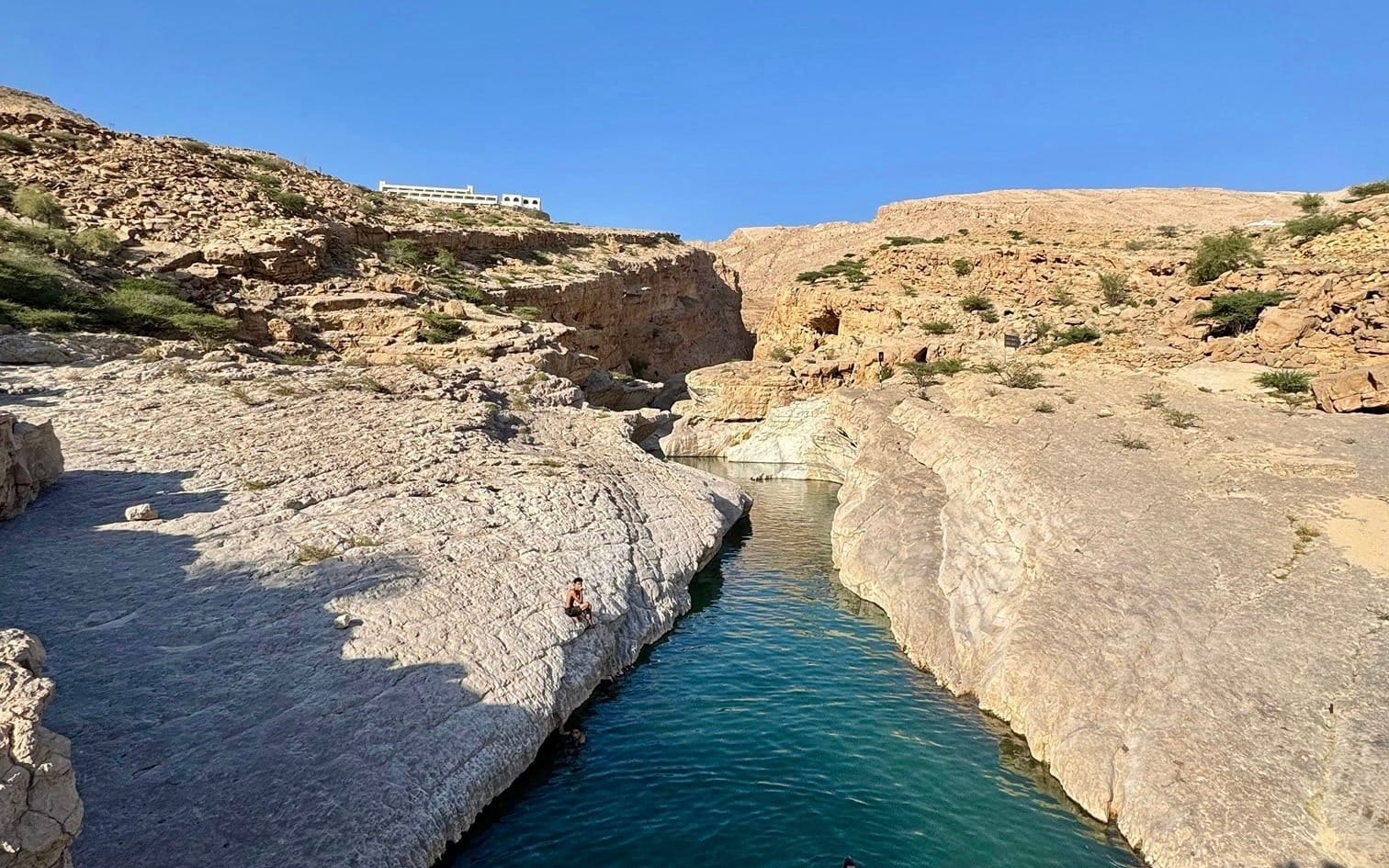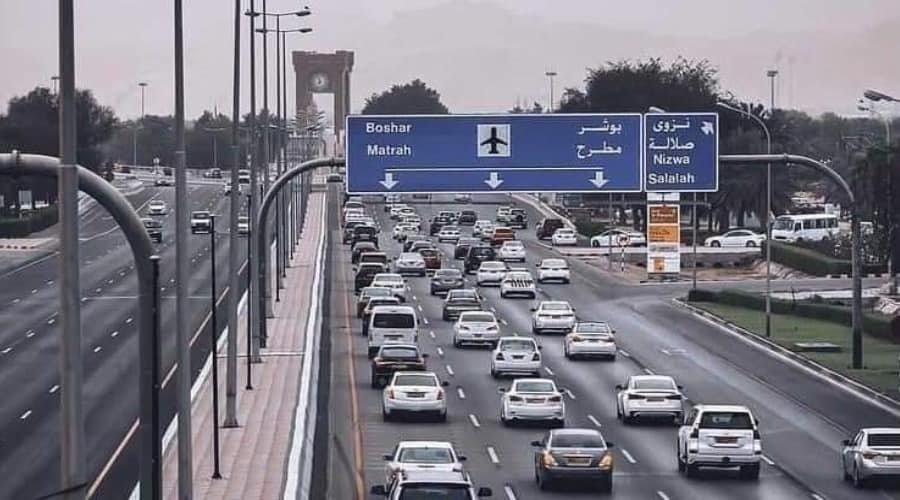MUSCAT: The latest global net-zero emissions index has placed three Gulf Cooperation Council (GCC) states at the forefront of the Middle East and North Africa region, reflecting their accelerated progress toward sustainability. The index evaluates countries on two main dimensions: the Performance Index, which assesses the adoption of emissions mitigation technologies, and the Score Boosters Index, which gauges readiness for a transition to a low-carbon economy. The strong positioning of the GCC countries highlights their growing commitment to climate action and sustainable development goals.
In 2024, the GCC countries achieved a notable improvement in their Performance Index, scoring 35.8 points compared to 29.7 in 2023, indicating a significant uptake of emissions reduction technologies. Their Score Boosters Index also increased to 47.2 points from 45.6, demonstrating enhanced preparedness for the structural changes required for a low-carbon future. These gains underscore the region’s proactive policy measures and investment in renewable energy infrastructure and energy efficiency initiatives.
Renewable energy deployment has been another area of remarkable growth for the GCC, with the region now contributing 0.43% to the world’s total renewable energy design capacity, up from just 0.03% in 2015. This leap reflects substantial investments in solar, wind, and other renewable technologies, coupled with supportive policy frameworks and strategic planning. The expansion in renewable energy capacity indicates that the GCC countries are actively diversifying their energy mix and reducing reliance on fossil fuels, aligning with global sustainability targets.
The GCC Supreme Council has reiterated its commitment to the principles of energy transition, energy security, economic development, and climate action under the circular carbon economy framework. Member states are focusing on four guiding strategies: reducing emissions, reusing resources, recycling materials, and removing carbon from the atmosphere. This holistic approach signals a long-term vision for environmental stewardship and positions the GCC as a regional leader in sustainable energy and climate action, setting a model for other nations seeking a balanced path toward economic growth and environmental responsibility.



